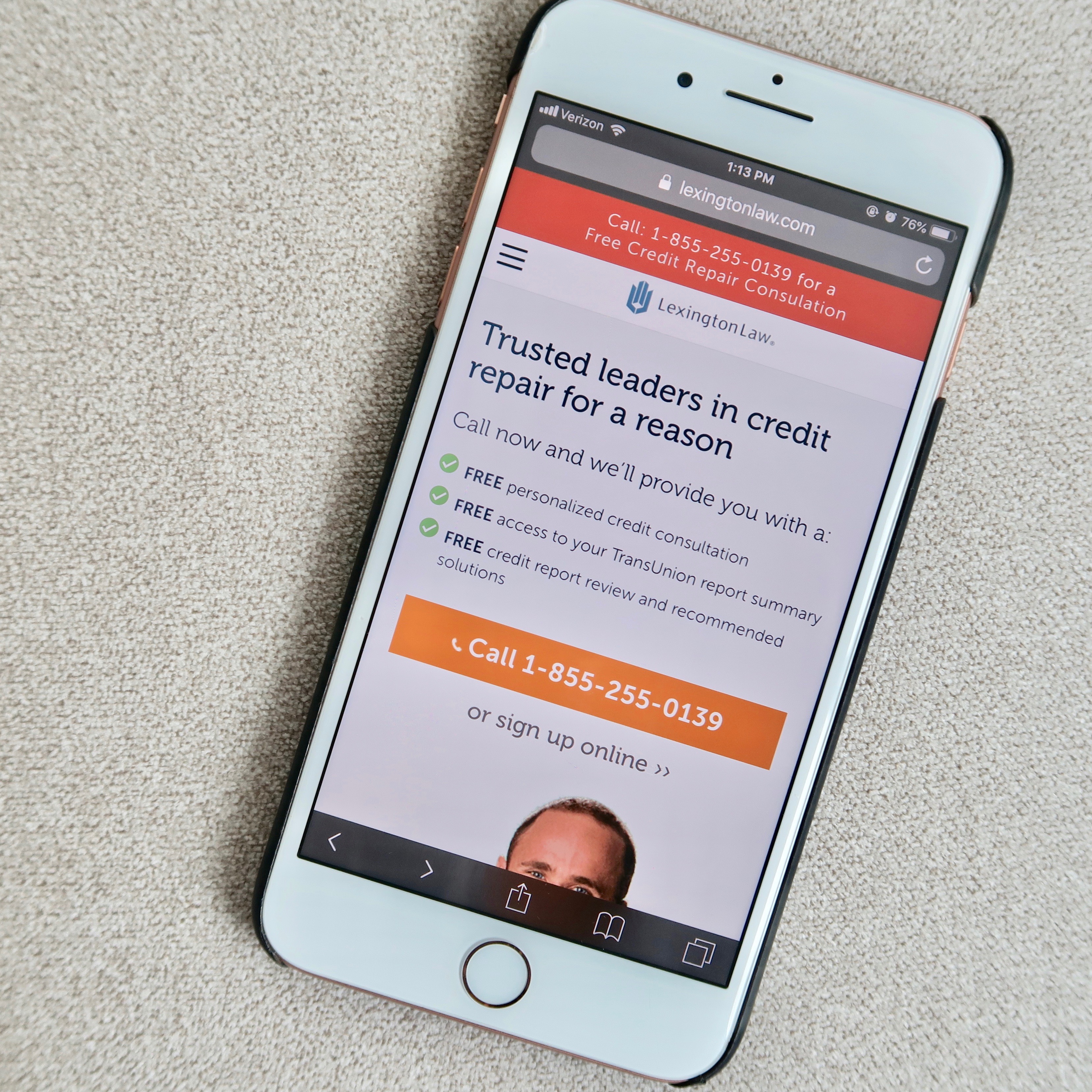This post is sponsored by Lexington Law.

Divorce can be complicated. It can be messy. Emotionally, physically, and financially it takes a toll on a person. Even still, when you share a life together and you’re ending that legal union, you also have to consider the other joint assets and things you own as well.
The divorce rate in America is around 50% (in 2016 there were 6.9 marriages per 1,000 population and 3.2 divorces per 1,000 population, for perspective). Though surely no one gets married with the intent for it to end in divorce, it still happens.
If you are facing a divorce, it’s important to protect yourself financially. The process starts as soon as the two of you decide that divorce is on the table. The sooner you can take these steps, the better.
8 Tips For Overcoming The Financial Impact of Divorce
1. Organize your financial information.
When you speak to a lawyer, come prepared. Have all of your financial information organized, including:
- bank accounts
- income statements
- property documents
- life insurance
- real estate
- separate and joint debts
- tax returns
If you think your spouse may be hiding assets, you can look for these hidden assets by checking past tax returns for unexplained sources of income, cancelled checks, brokerage accounts, unexplained bank statements, and unknown savings accounts.
2. Separate your accounts.
Now is the time to create separate accounts and close out your joint accounts. As the consultants at Lexington Law suggest, doing so will help you establish patterns in your own spending habits.
You can limit your personal liability by splitting up your accounts as soon as possible. Plus, having your own accounts will help you establish a credit identity as a single person.
This also will separate your income and personal expenses. If you need to keep a joint account open to pay bills, that’s okay, just be sure to track everything you and your soon to be ex-spouse contribute to it.
On that note, if you are or your spouse is an authorized user on any joint credit cards, have each other removed. If your name is on an account, it can affect your credit health whether or not you use the account. If your spouse refuses to remove you, contact the bank and asked to be removed. And if you still have joint accounts, take to highlighting on statements what expenses are yours, your spouses, or joint expenses.
![]()
3. Keep a paper trail.
Keep all of your financial documents in a safe place. This includes copies of checks and any financial correspondence between you and your banks. You can also use this to establish your patterns and spending habits. If you have this information available, you’ll be able to refer to it during divorce proceedings.
The more information your lawyer has, the more they can advocate that you only put forth your fair share of the divorce proceedings. Establishing “yours” vs “mine” is a tool in helping you do that.
[click_to_tweet tweet=”8 Tips For Overcoming The Financial Impact of Divorce” quote=”8 Tips For Overcoming The Financial Impact of Divorce”]
4. Protect your credit.
The joint debt you accumulated during your marriage can be a credit killer. The consultants at Lexington Law explain:
When a couple separates, the debts they have incurred as a partnership are divvied up among each party so that only one person is responsible for making the house payment, car payment, credit card payments, etc. The problem is that, even when a judge assigns the debts to each person, the creditors involved do not respect that fact the only one person is accountable for each debt.
While joint debts are often split during divorce proceedings, creditors don’t care. When creditors attempt to collect on a debt, they will then hold both parties responsible. Even if a judge has ruled that the other party is responsible for a debt payment, like a mortgage, creditors may start adding late and missed payments to both of your credit reports.
If the other party declares bankruptcy, creditors may turn to the other party on the loan or line of credit (AKA you) for repayment. Seeing these unfair negative items on your credit report can feel daunting. Just when you were ready to move on with your life, someone else’s actions are impacting your finances in a negative way.
If you’ve seen your credit score crash following a divorce through no fault of your own, I urge you to seek assistance from a team that will advocate on your behalf. The team at Lexington Law can help you understand and enforce the boundaries set in your divorce papers, reestablish your credit and finances as an independent person, and aid in the removal of unfair reportings on your credit report. Contact them here for a consultation.

5. Know the divorce law in your state.
Divorce law varies state to state and what you are entitled to can vary as well. While you might not know the intricacies specifically, it’s in your best interest to have a divorce lawyer.
This will not only help protect your income and assets but to make sure each party is treated fairly given the law.
6. Consider your property options.
If you own a home together, deciding what to do with it can be a challenge. There are several options to be discussed.
It’s likely that the loan that financed the home buying process was based on two incomes. If this is the case, you might consider selling the home, paying off the loan and splitting evenly any potential profit.
If one party wants to remain in the home, you can settle one person’s contribution through a buy-out and then have the home refinanced in the single owner’s name. This ensures that if they were to fall behind on the mortgage, you wouldn’t be liable for the debt.
7. Monitor your credit.
As we discussed above, divorce can impact your credit score (which can then impact your ability to move on). Chances are you’re not already tracking changes on your credit report and changes in your credit score on a regular basis.
I suggest signing up for a monitoring service like Lex OnTrack so you will be alerted of any changes as soon as possible. The quick timing can be the difference between a blip on your radar and a lasting impact on your finances.
With Lex OnTrack, you’ll be notified of changes on your credit report and your FICO score. You’ll also receive a credit score analysis, credit repair as needed, and $1,000,000 in identity insurance. Learn more about the power of Lex OnTrack here.
8. Start budgeting for your new life.
If you’re used to also relying on your spouse’s income and assets, it’s important to start budgeting and living off of your income as soon as possible. Your rent/mortgage payment will likely change as well as your other daily and monthly expenses.
Adjusting your budget can ensure that you will be able to pay for everything and adjust to life after divorce.

Divorce isn’t something anyone looks forward to but knowing your rights and going in prepared can lead to the best outcome for you. Even though we’d all like divorce to be amicable, truthfully it can be a very messy process. With these tips, overcoming the financial impact of divorce will be a more streamlined process. We wish you the very best going forward!
